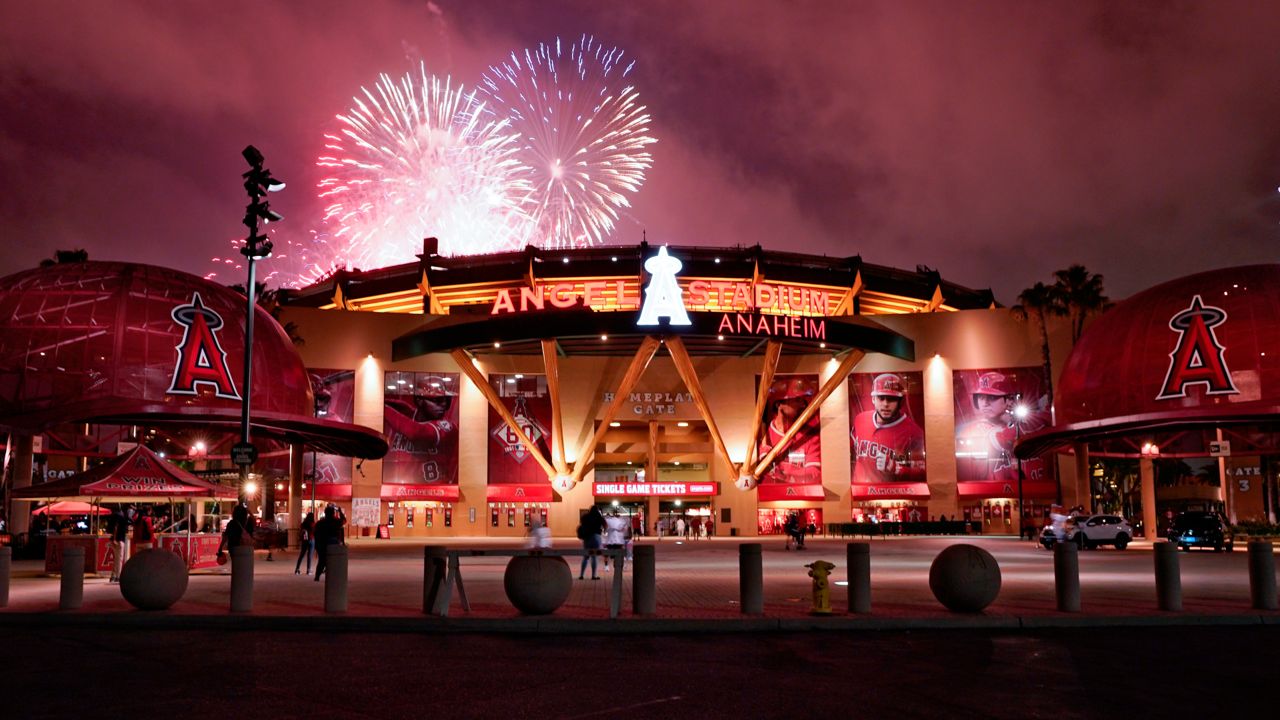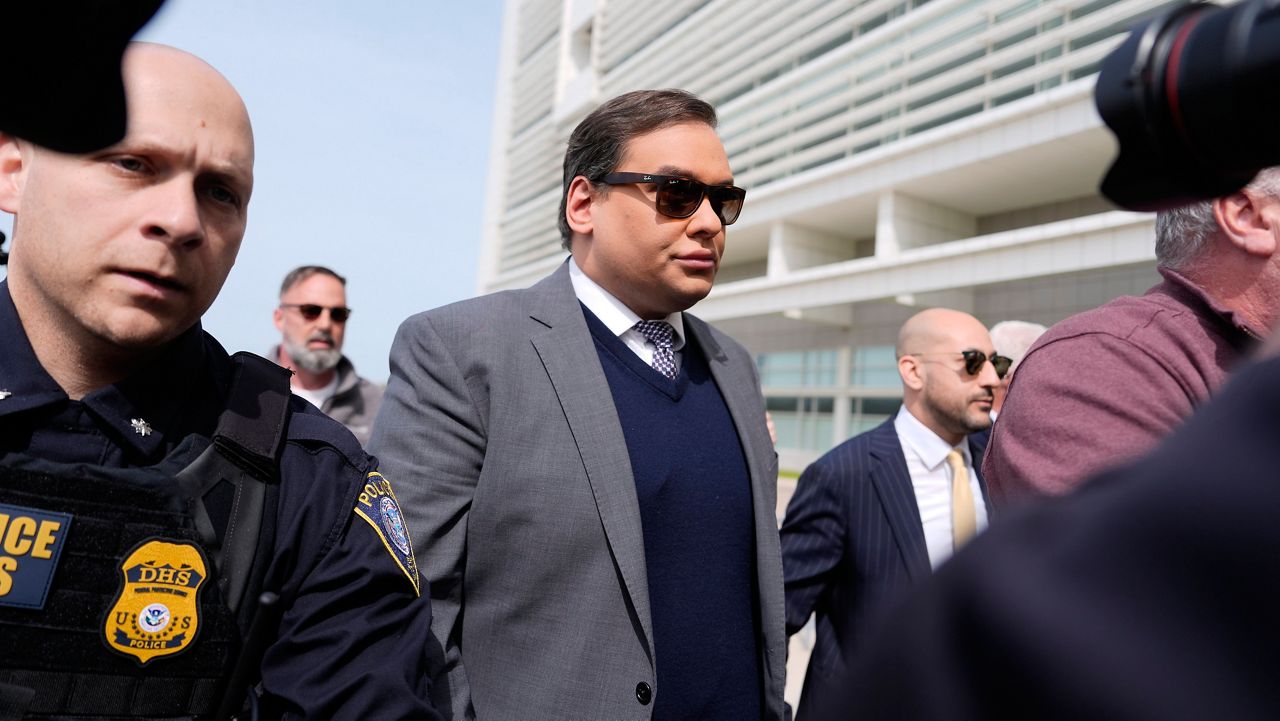ANAHEIM, Calif. — The city of Anaheim did not improperly sell Angel Stadium, a judge ruled Monday.
The city has been locked in legal arguments since 2020, with the petitioner arguing that city officials had gone through with a deal without proper transparency.
The case was dismissed in Orange County Superior County by Judge David Hoffer.
If the decision holds, it will solidify a $320 million sale, minus $170 million in tax credits, some of which is expected to go toward affordable housing.
“This initial decision is the right decision,” Mayor Harry Sidhu said. “This validates that the stadium sale was an extensive public process with community input and debate. We look forward to a final decision and moving ahead with a plan for the future of baseball in Anaheim that will generate revenue for our residents and neighborhoods for years to come.”
The lawsuit, brought in 2020 by People's Homeless Task Force Orange County, claimed that the city had violated the Ralph M. Brown Act. A key piece of state law, the Brown Act seeks to maintain transparency by forcing public discussion of city business.
“The discussions and decision surrounding the sale of the stadium site were anything but secret and were fully vetted with the public,” Hoffer wrote in the initial decision.
The deal to sell the stadium to Angels Baseball was triggered in 2018, when the organization decided to opt out of the lease agreement. That left the future of the team, a hub of economic activity, uncertain. The termination of the contract required 12 months' notice, thus initiating a sort of countdown for negotiations. In 2019, the city hired Norris Realty Advisors to conduct an appraisal, a decision announced at a public meeting. A negotiating team was then assembled, consisting of Sidhu, City Manager Chris Zapata and City Attorney Robert Fabela. While the proposed team was announced and discussed, it was never voted upon or adopted.
But another proposal was discussed in July 2019, placing Sidhu as the negotiator along with city staff. It was approved.
A series of closed-door meetings followed, and an exception to the Brown Act allowed for the transaction. Afterward, at a public meeting drawing more than 70 speakers on Dec. 20, 2019, councilmember Jose Moreno said there had been insufficient debate over the particulars of the deal. He pointed to out-of-date appraisals as a key concern.
But Hoffer did not find the review of that December meeting persuasive enough to agree with the petitioner of the lawsuit. The decision still has to go through a 10-day review before it’s finalized.










